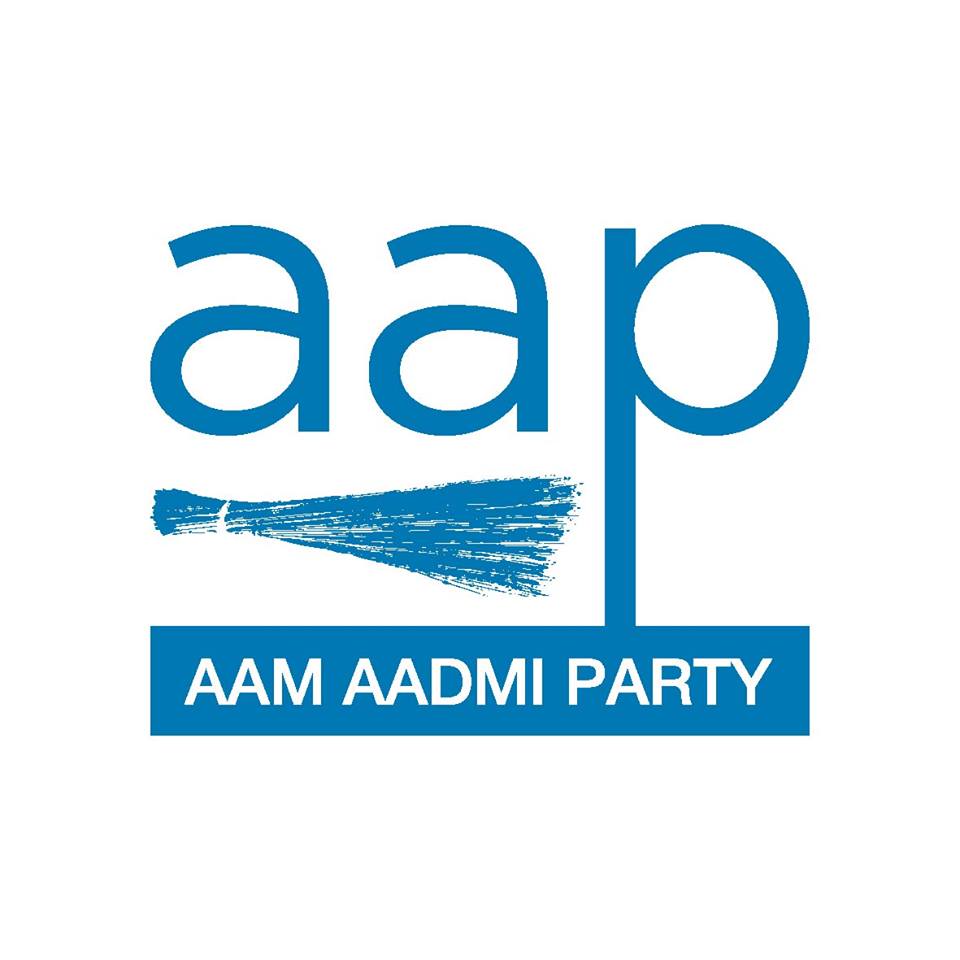The Delhi Jal Board (DJB) has undertaken several efforts to promote water conservation and ensure sustainable water management in the National Capital Territory of Delhi. A conference on the issue of awareness generation for “Save Water, Save Life” was organised by Delhi Jal Board Partner NGO Hariyali Center for Rural Development under Yamuna Action Plan-III at the DJB Headquarters on Thursday. The Speaker of the Delhi Legislative Assembly Shri Ram Niwas Goel attended the conference as the chief guest. He appealed to the people attending the conference to save water and keep Yamuna clean. Shri Ram Niwas Goel said that the water situation has been degraded and its time for every person to act responsibly and save water.
Shri Ram Niwas Goel said that when we speak about water, we should first ask a fish about its value. Even the UNO has held that by 2030 everybody should have access to clean drinking water. It’s a part and parcel of basic human rights. Today, out of 17 crore households in the villages of India, only 2.8 crore households have access to tap water; this is as per NITI Aayog data. The situation in cities is even worse. “I have seen the days when some areas of Delhi had water even at a depth of 10 feet. Now it has gone down to 250 feet at many places due to over exploitation of underground water and extinction of its natural water bodies like ponds and lakes that used to help recharge the groundwater,” said the Speaker.
The sides of the roads that have now been concretized were earlier either just open soil or just covered with bricks that would allow the rainwater to seep inside the earth. Now this is not possible and concretization of public footpaths and other spaces has also led to fall in groundwater levels. He also mentioned that trees have their own importance in maintaining the water system on the planet. They have the capacity to directly take the water from the clouds in the form of moisture. They are biggest reason for proper rains and water availability on the earth. “We must save trees and plant as many as possible as responsible citizens of the country. In this season of monsoon, more trees should be planted.”, he appealed.
Shri Ram Niwas Goel said that today rainwater quickly runs off to seas and oceans which must be stopped. Earlier dams were built to save the rainwater and use for multiple purposes throughout the year. In the last 9 years, no new dam has been built.
Shri Ram Niwas Goel said that as responsible citizens we should try to save water in every possible way. For example, if we take a glass of water to drink, we should drink it completely and not leave any water in the glass to waste. This will help save the water and provide better hydration to human body. Shower bathing is also a means of water wastage. The Delhi Assembly Speaker also remarked that a family of four can easily save at least 20 litres of water everyday and if each family saves this much water per day, then a lot of water could be saved collectively. He also said that in Hindu mythology, there is the concept of ‘Samudra-Manthan,’ in which the amrit was actually clean drinking water that came out of the gigantic exercise. Now there are machines and technologies that have begun to turn saline water from the sea into clean drinking water.
There are multiple ways through which the Delhi Jal Board, the principal agency of the Delhi Government for water, has been promoting water saving and water conservation efforts. Its water conservation awareness campaigns educate the people of Delhi about the importance of water conservation and emphasize on the need to use water judiciously and adopt water-saving practices. The DJB promotes rainwater harvesting in both residential and commercial properties helping groundwater recharge and reduces the dependence on surface water sources. The board is also working on war footing on the revival and rejuvenation of traditional water bodies, such as lakes and ponds, to enhance water storage and conservation capacities.
The DJB treats multi-MGD of wastewater everyday in its wastewater treatment plants and reuse treated water for non-potable purposes like irrigation, industrial use and flushing. It also undertakes regular maintenance and repair work to fix leakages in water supply pipelines minimizing water losses and conserving water resources. Recently, Delhi Jal Board has also started the installation of Smart Water Metres in households to monitor and manage water consumption efficiently. The DJB smart metres help consumers track their water usage and encourage water-saving behaviour. DJB constantly explores the use of modern technologies and innovations to enhance water conservation efforts, such as satellite-based monitoring of water resources and smart water distribution systems.

